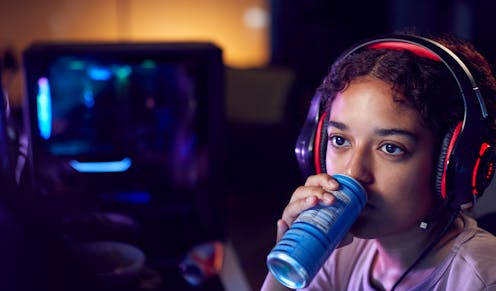

Authors: Lina Begdache, Assistant Professor of Nutrition, Binghamton University, State University of New York
Read more


